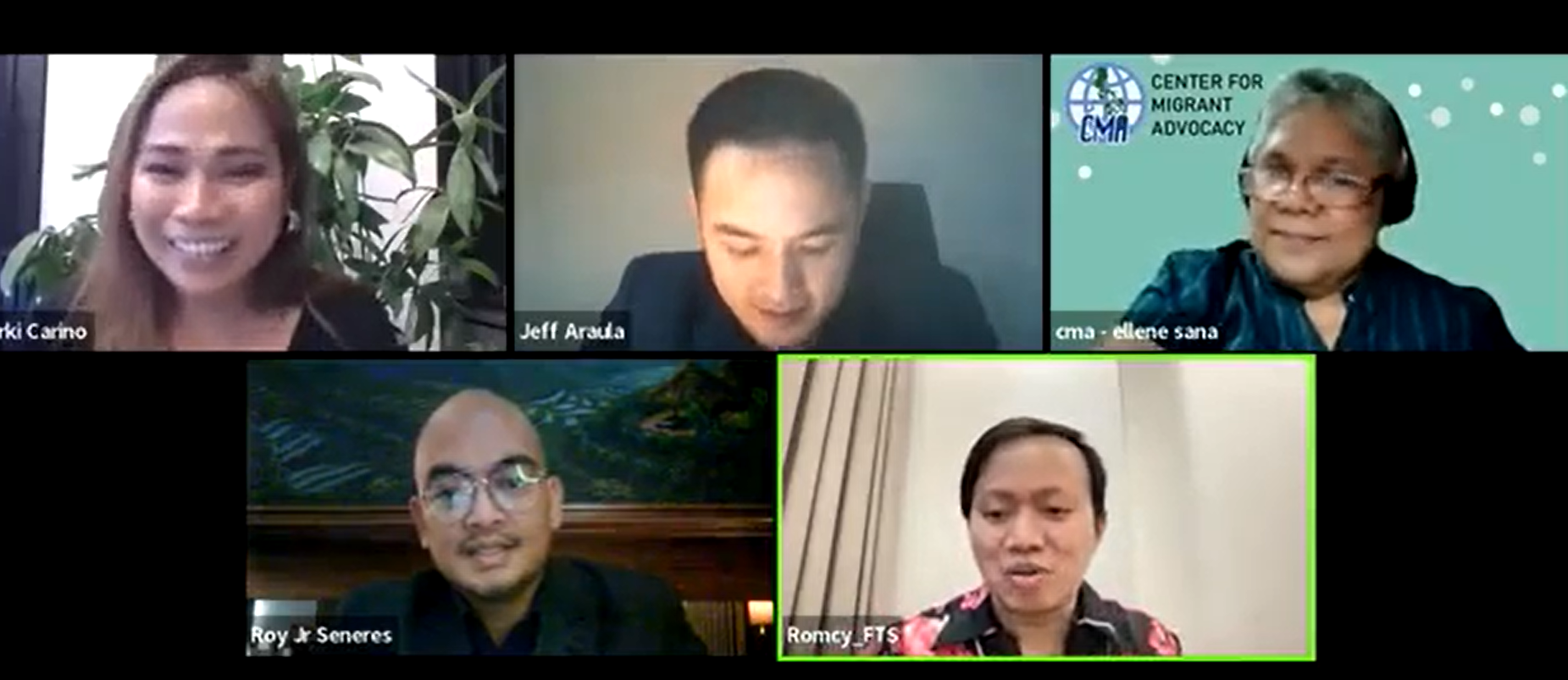It’s been an intense week for the anti-slavery movement, with four congressional events in three days. Much of the media’s attention went to actress Jada Pinkett Smith’s testimony on Tuesday about sex trafficking to the Senate foreign relations committee. But on Thursday, the focus was on American corporations, and how they can play a leading role in combating all forms of slavery.
The Alliance to End Slavery & Trafficking (ATEST) organized two briefings about H.R. 2759, the Business Transparency on Trafficking and Slavery Act. The goal: educate stakeholders about removing slavery from supply chains and garner support for the bill. The act would require companies to report to the Securities and Exchange Commission about their efforts to remove slavery from their product supply chains.
The morning briefing for the House of Representatives was co-hosted with Christian Brothers Investment Services in cooperation with Representative Carolyn Maloney, who has sponsored and introduced H.R. 2759. The session included speakers from Christian Brothers Investment Services and the law firm Foley Hoag. The afternoon briefing for the Senate was hosted by Senator Marco Rubio, and included speakers from the Coalition of Immokalee Workers, Calvert Investments, and the law firm Perkins Coie. Representatives from the clothing company Eileen Fisher and the activist group ECPAT-USA spoke at both events.
The FTS video “Becoming a Slavery Free Business” set the stage for the afternoon event.
“My hope is to create awareness,” said Senator Rubio as he kicked off the afternoon briefing. He credited his wife for making him aware of the prevalence of modern day slavery, and stressed that awareness can lead to prevention.
Amy Hall, director of social consciousness at Eileen Fisher, shared that California’s new corporate transparency law motivated her company to scrutinize its supply chains beyond direct suppliers. Her company now looks all the way down to the origin of raw materials.
Julie Tanner of Christian Brothers Investment Services and Mike Lombardo of Calvert Investments stressed that corporate transparency reduces risks for investors. Tanner emphasized that “it’s a reality for companies that they need to pay attention to these issues, and it’s important for investors also.” Lombardo noted that companies that aren’t transparent put themselves at a competitive disadvantage.
 Earlier this week, The ATEST coalition webcast a terrific discussion program about corporate supply chain accountability, featuring FTS Programs Director Karen Stauss.
Earlier this week, The ATEST coalition webcast a terrific discussion program about corporate supply chain accountability, featuring FTS Programs Director Karen Stauss.
You can watch it here.



